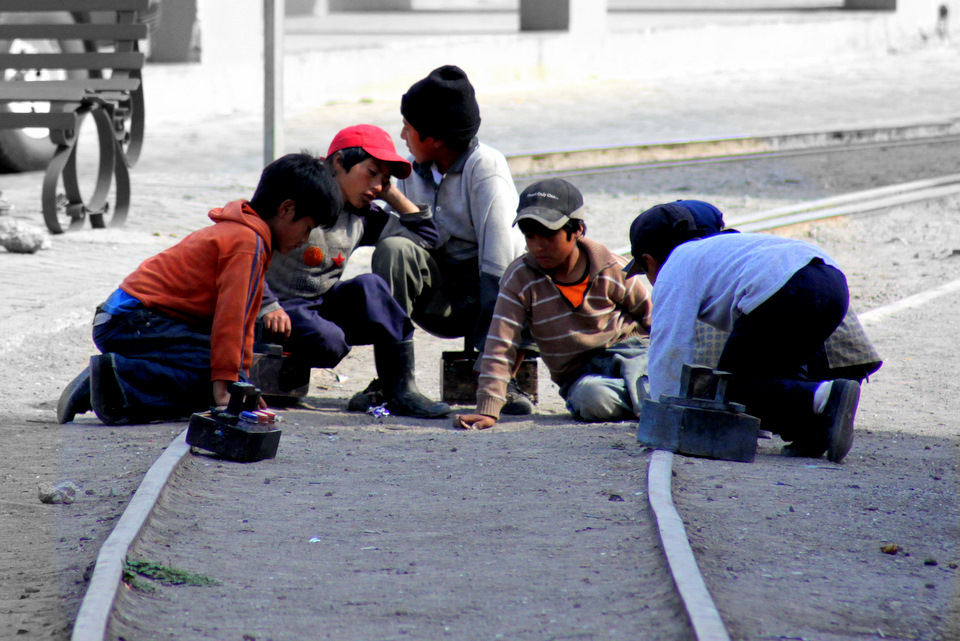List Poem Assignment – Due Thursday,
September 5, 2013
1.
Brainstorm
a list of their most prized, well-loved, or significant possessions. These may
be items they own now, or they may be possessions from their childhood.
2.
Choose
two or three of these objects, the ones that have the most "history,”
meaning, and stories behind them. For each of these objects, do a quick free-write
of phrases and ideas that relate to the object and its importance in your life.
3.
Refer
to Raymond Carver’s poem “The Car,” a lengthy list of descriptive phrases that
create a vivid picture of the poet’s car.
Also refer to his poem “Fear,” and notice the ending “twist” in each
poem.
4.
Another
format you could follow is the one found in “Star-Spangled Cheese” where each
event on the list is expanded into a short paragraph or stanza.
5.
Although
this writing might seem easy at first, as easy as compiling a grocery list, you
need to do two important things:
·
Decide
on a plan, a logical reason for the way you organize the poem and the order of
your lines.
·
Work
hard to choose just the right words because the poem is composed of so few
words.
6. ASSIGNMENT: Using
one of your most prized possessions, write a 12-25 line list poem using
descriptive phrases, vivid images, at least one metaphor and an ending “twist”.
Fear
By Raymond Carver
Fear of seeing a police car pull into the
drive.
Fear of falling asleep at night.
Fear of not falling asleep.
Fear of the past rising up.
Fear of the present taking flight.
Fear of the telephone that rings in the
dead of night.
Fear of electrical storms.
Fear of the cleaning woman who has a spot
on her cheek!
Fear of dogs I've been told won't bite.
Fear of anxiety!
Fear of having to identify the body of a
dead friend.
Fear of running out of money.
Fear of having too much, though people will
not believe this.
Fear of psychological profiles.
Fear of being late and fear of arriving
before anyone else.
Fear of my children's handwriting on
envelopes.
Fear they'll die before I do, and I'll feel
guilty.
Fear of having to live with my mother in
her old age, and mine.
Fear of confusion.
Fear this day will end on an unhappy note.
Fear of waking up to find you gone.
Fear of not loving and fear of not loving
enough.
Fear that what I love will prove lethal to
those I love.
Fear of death.
Fear of living too long.
Fear of death.
I've said that.
THE CAR
Raymond Carver
The car with a cracked windshield.
The car that threw a rod.
The car without brakes.
The car with a faulty U-joint.
The car with a hole in its radiator.
The car I picked peaches for.
The car with a cracked block.
The car with no reverse gear.
The car I traded for a bicycle.
The car with steering problems.
The car with generator trouble.
The car with no back seat.
The car with the torn front seat.
The car that burned oil.
The car with the rotten hoses.
The car that left the restaurant without paying.
The car with bald tires.
The car with no heater or defroster.
The car with its front end out of alignment.
The car the child threw up in.
The car I threw up in.
The car with the broken water pump.
The car whose timing gear was shot.
The car with the blown head-gasket.
The car I left on the side of the road.
The car that leaked carbon monoxide.
The car with the sticky carburetor.
The car that hit the dog and kept going.
The car with the hole in its muffler.
The car my daughter wrecked.
The car with the twice-rebuilt engine.
The car with the corroded battery cables.
The car bought with a bad check.
Car of my sleepless nights.
The car with a stuck thermostat.
The car whose engine caught fire.
The car with no headlights.
The car with a broken fan belt.
The car with wipers that wouldn’t work.
The car I gave away.
The car with transmission trouble.
The car I washed my hands of.
The car I struck with a hammer.
The car with payments that couldn’t be met.
The repossessed car.
The car whose clutch-pin broke.
The car waiting on the back lot.
Car of my dreams
My car.
